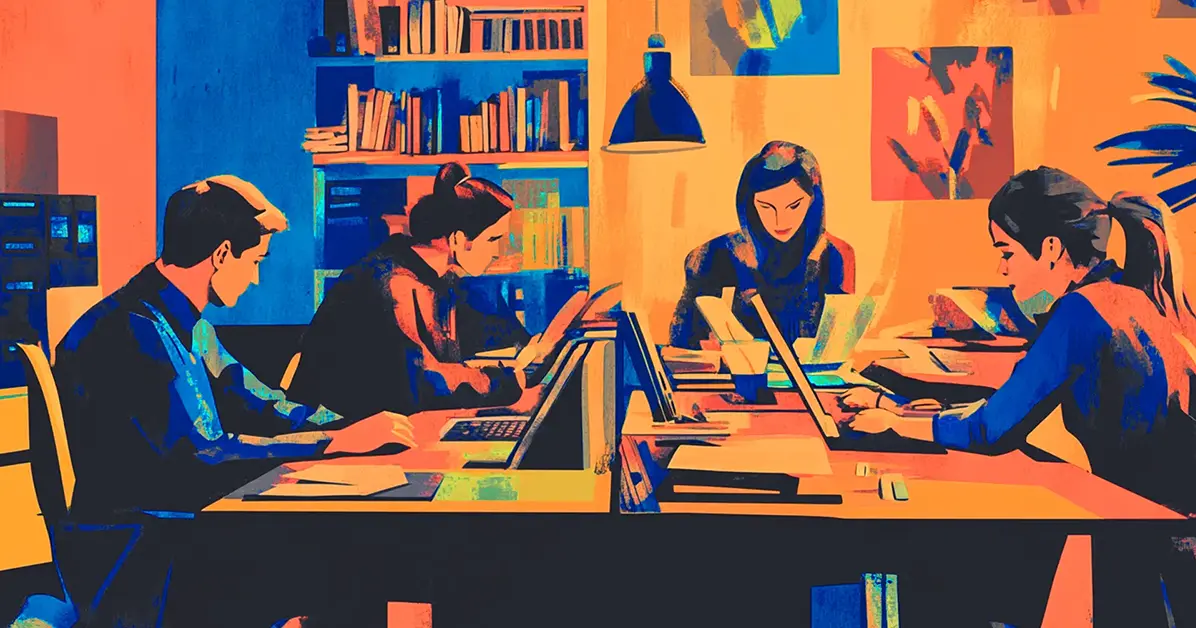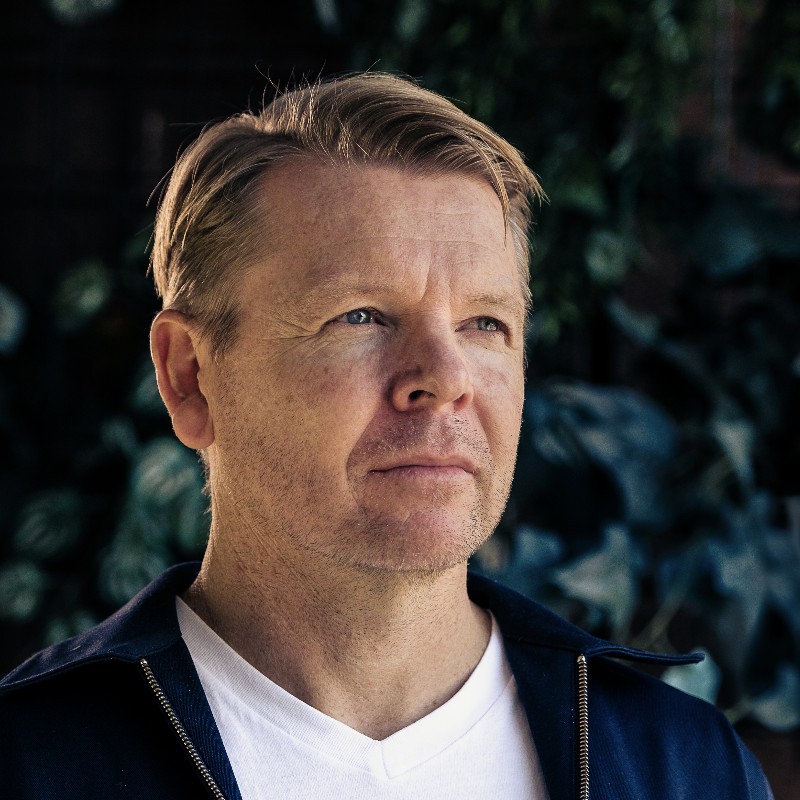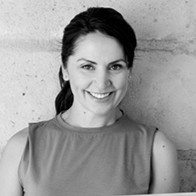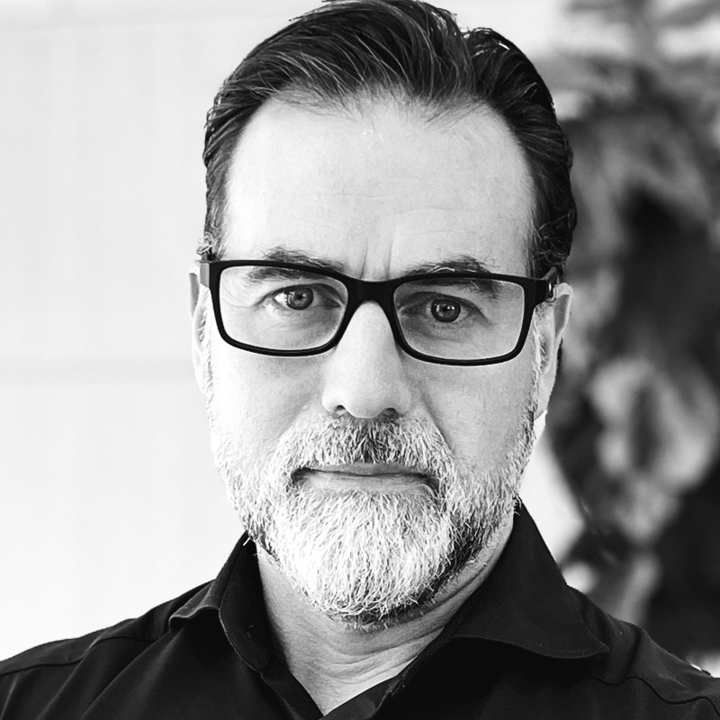In the rush to become ‘Brand Storytellers’, we may have overlooked a significant ingredient. We’ve got lots of branding going on. And just as much ‘telling’ as we’ve ever had. (Remember that brief moment when Social Media’s secret weapon was its ability to listen? That was a very pleasant 15 minutes in the history of advertising.) The persistent hole in the middle of this Brand Storytelling donut is story.
Just as we feel perfectly qualified to write a video script because we’ve seen a lot of movies or choose the library music because we have Spotify Premium, we’ve anointed ourselves as storytellers because, well, y’know, we’ve told heaps of stories. We’ve even read a few.
I felt just as guilty as the next re-invented Creative Director. Sure, I can write copy. Yes, I’ve written it for most media you can think of. I’ve even written a few ‘expert opinion’ blog posts on Brand Storytelling myself. Some of them are right here, on this very blog. But I hadn’t actually written an honest-to-goodness story. For a so-called storyteller, that’s pretty close to embarrassing.
To rectify the situation. I’ve written a story. A novel, to be precise. A work of fiction, published last week, that runs to 85,000 words and has been described as ‘fast, fun & funny.’ More of that later. As with most things in life, it transpired the journey was far more important than the destination.
Here’s some of what that journey of 85,000 words taught me about the art of storytelling:
1. Starting your story is harder than stopping
Everyone procrastinates, but the way to tell if you’re really a storyteller is to observe your behaviour once the writing begins. Do you (eventually) get into a flow? Are the ideas tumbling out? Find yourself running out of time and wish you’d started earlier? Do you end up with more words than you (or, crucially, your reader) need? Yep, you’re a storyteller. Whatever you need to do to trick, force or cajole yourself into getting started (I tell myself I’m just ‘setting up’ the document on my laptop for later), then do that.
2. You need some discipline (and an editor)
It’s cool to be a rebel, innit? To laugh at deadlines and blow off responsibility? Not really. All it means is that you won’t get your story told. And you won’t get paid. The times we live in are not your friend in this regard. We are drowning in distraction. For a lot of people, discipline needs to be imposed: turn off the wi-fi; put the phone on silent and in a drawer; go sit somewhere else; wear giant headphones; get the grunt-work done first; reward yourself after.
I found I worked harder at my storytelling once I made myself accountable to someone other than the deadline. Someone you want to impress. That person is your editor, no matter what their job title says.
3. Learn the rules. Then keep learning them
I started my novel by ‘letting the writing tell the story’ and quickly discovered the story was going nowhere. So I grabbed the handbrake, took classes, found a serious writers’ group, joined a critique circle and, eventually, hired an editor. I learnt structure, plot, arc, stakes, motivation and more.
There’s a lifetime of learning to be found in stories, and another couple in learning to craft them. Techniques. Tools. Traps. There are very few shortcuts and none worth taking.
4. Originality is over-rated, yet creativity is everything
I’m keenly aware I haven’t created ‘literature’ and I’m completely comfortable with the fact. There’s a reason the genre fiction sells: people appreciate the frame of reference. They know what they’re signing up for when they pick up a Scandeweigan crime noir, or bondage-lite chick lit.
In a marketing context, it’s even more imperative that your reader gets oriented quickly. Only when they are comfortable with the format will they enjoy the content, and that’s where your creativity comes into play. The fresh take, the surprising twist, the beautiful moment. These rewards are what readers looking for. If they want a puzzle, they’ll get a Soduku.
5. Keeping your audience is the only thing that matters
If you’ve read this far, I’m doing my job – and you’re generating a stat. These stats are being collected by the wonderful folk at Firebrand who let me know if what I’m writing is being read.
As a professional storyteller, you need to be read. It’s the only game in town.
Don’t be shy about it (the clients paying you to tell their stories certainly aren’t). So that means you have to read your own writing from an outside perspective, even as you write:
- Is this interesting?
- Is this a fresh turn of phrase?
- Do I want to know more?
- Why are you telling me, yet again, that we’re living in a fast-paced, ever-changing world?
Learn what works (and why) and incorporate it as part of your storytelling technique.
It doesn’t matter if you’re writing (or coding or designing or building) a story as a personal project or to meet that Friday afternoon client deadline – understanding how you work as a storyteller is just as important as understanding how story works.
I read a quote (ok, it was a tweet), that deciding to be a writer is deciding to give yourself homework every night, for the rest of your life. And now that all of us in marketing are storytellers, we might as well make that homework count.

ShelfLife is the debut novel from Barrie Seppings, available now in e-book and paperback. A contemporary satire of startup culture, ShelfLife tells the story of a group of twenty-somethings as they launch an app that allows almost anyone to rent a stranger’s life for a week. Not their apartment. Not their car. Their entire life. When their start-up explodes in popularity, the founders finally get their first taste of success, just as they begin to lose control of their lives. They soon discover people are rarely who they say they are – even themselves.
This post was originally published on the Firebrand Ideas Ignition Blog.
Latest.

5 simple (but powerful) ways to shine in your design interview.
Job Seeker, Design

How to demonstrate the value of your design team in 2025
Thought Leadership, Design, Industry Trends, Leadership

Ace your interview: Words to watch out for.
Job Seeker




